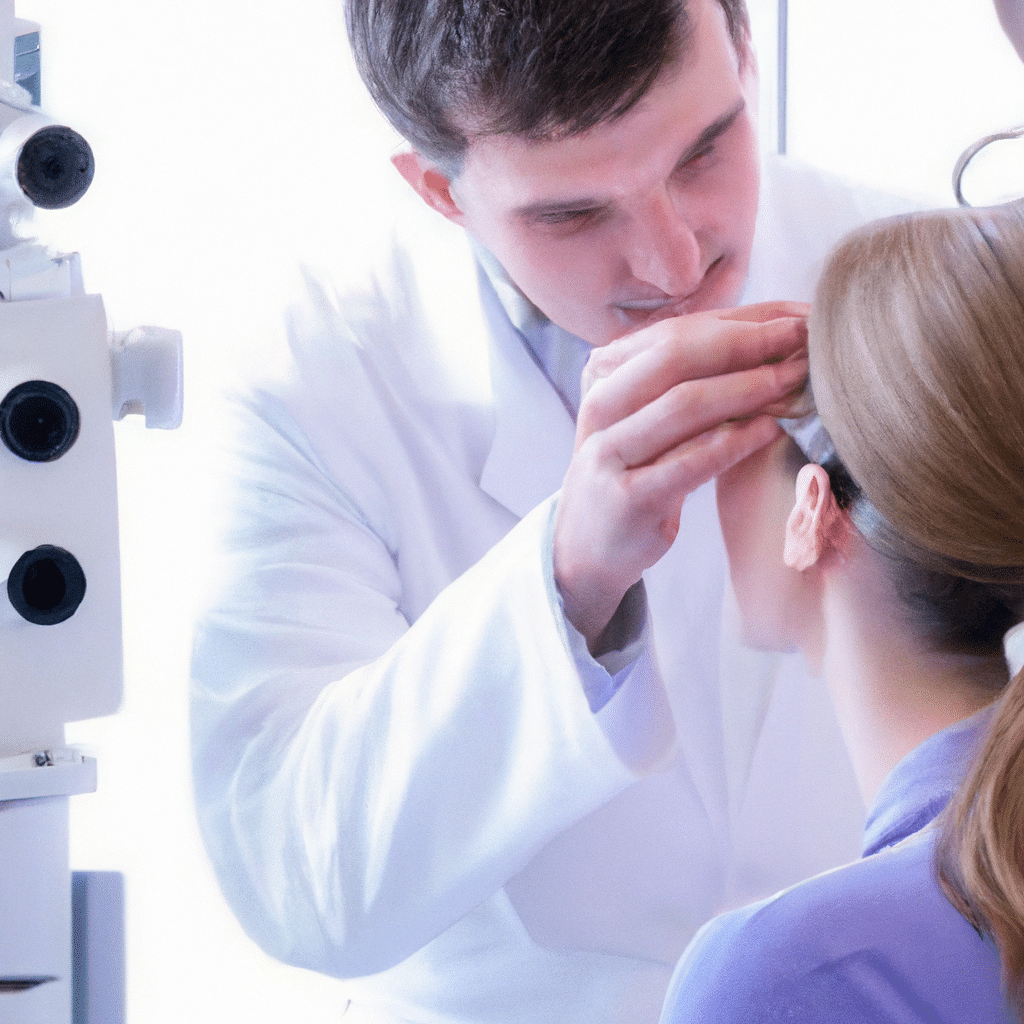Lasik or Laser-Assisted In Situ Keratomileusis is a popular surgical procedure used to correct vision problems such as nearsightedness farsightedness and astigmatism. The procedure involves reshaping the cornea the transparent layer at the front of the eye using a laser to improve the way light is focused on the retina. By altering the shape of the cornea Lasik can significantly improve vision and reduce the need for glasses or contact lenses.
How Lasik Works
During a Lasik procedure, the surgeon creates a thin flap on the cornea using a specialized cutting tool or laser. This flap is then lifted to expose the underlying corneal tissue which is reshaped using a laser to correct the refractive error. The flap is then repositioned where it adheres to the cornea without the need for stitches.
By reshaping the cornea Lasik alters the way light is focused onto the retina improving vision and reducing the need for corrective lenses. The procedure is highly effective and has a high success rate with most patients achieving 20/20 vision or better after surgery.
Understanding Refractive Resonance
Refractive resonance is the term used to describe how Lasik alters the refractive properties of the eye to improve vision. The cornea plays a key role in refracting light as it enters the eye focusing it onto the retina at the back of the eye. When the cornea is misshapen or irregular it can cause blurry vision and other visual disturbances.
By reshaping the cornea with a laser Lasik can correct these refractive errors and improve the way light is focused onto the retina. This results in clearer vision and reduced reliance on glasses or contact lenses.

Benefits of Lasik
- Improved vision – Lasik can significantly improve vision often resulting in 20/20 vision or better.
- Faster recovery – Most patients experience rapid recovery after Lasik with minimal discomfort and quick return to normal activities.
- Reduced dependence on glasses or contacts – Many patients find that they no longer need to wear glasses or contacts after Lasik making daily activities much easier.
- Long lasting results – Lasik provides permanent vision correction for many patients with results that can last a lifetime.
Considerations Before Undergoing Lasik
While Lasik is a safe and effective procedure for many people there are some important considerations to keep in mind before undergoing surgery. It is essential to have a thorough eye examination and consultation with a qualified eye surgeon to determine if you are a suitable candidate for Lasik.
Some factors to consider before undergoing Lasik include –
- Age – It is recommended that patients be at least 18 years old before undergoing Lasik as younger patients may still experience changes in their vision.
- Stable vision – Your vision should be stable for at least one year before undergoing Lasik as changes in vision can affect the outcome of the surgery.
- Overall eye health – Your eyes should be in good health before undergoing Lasik with no underlying conditions that could affect the healing process.

Lasik is a revolutionary procedure that can significantly improve vision and reduce the need for glasses or contact lenses. By reshaping the cornea with a laser Lasik corrects refractive errors and improves the way light is focused onto the retina. Understanding how Lasik alters your vision through refractive resonance can help you make an informed decision about whether the procedure is right for you. If you are considering Lasik be sure to consult with a qualified eye surgeon to determine if you are a suitable candidate for the surgery.
